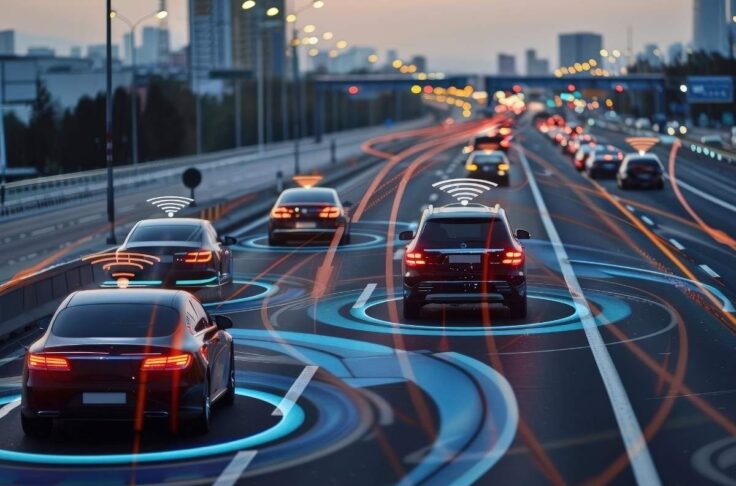
Car sharing with microcars: a glance at 17 operators in Europe

Microcars can contribute to the mobility transition. Their compact not only makes them more cost-effective compared to conventional electric vehicles but also enables them to occupy less space and provide increased parking flexibility – attributes particularly beneficial in congested urban areas. Additionally, these lightweight electric vehicles are actively used in car sharing. The new market analysis by Invers has identified 17 car sharing operators across 8 European countries that offer such microcar-like vehicles.
Siegen, April 11th, 2024 – Microcars require fewer resources such as scarce metals for batteries in production, and less energy during operation than standard EVs, while offering enhanced comfort and convenience over micromobility services like e-scooters, bicycles, or mopeds. They provide seating and weather protection, along with increased storage and often room for two. While still niche in urban mobility, they’ve arrived in car sharing. Providers like Enjoy, Pikyrent, GoTo/Astara Move, drivemycar, Share Birrer, and wheego already offer these vehicles in countries like Italy, Spain, Switzerland, and Germany.
However, most of the 17 operators presented in Invers’ market analysis integrate microcars alongside standard cars within their car-sharing fleets, rather than exclusively focusing on them. Most of these vehicles in car sharing fleets are currently in use in Italy. The Italian car sharing provider “Enjoy” has the largest fleet in Europe with hundreds of microcars. Nonetheless, other European operators are also testing and using microcars and other compact vehicle types. For instance, the Spanish operator GoTo/Astara Move introduced Microlino microcars to its extensive car sharing fleet as recently in March 2024.
“The interest of car sharing users in microcars is growing,” says Alexander Kirn, CEO of Invers. “We are receiving more and more inquiries from operators. Our team has already analyzed many popular models such as the XEV Yoyo, Citroën Ami, Microlino, Renault Twizy and Estrima Birò and made them suitable for sharing.” While these compact vehicles encompass a variety of types, they’re often collectively referred to as “microcars.” Defined broadly as exceptionally compact vehicles, they typically fall within the L7e or L6e classes under EU Regulation 168/2013. However, our White Paper focuses on all vehicles with car-like characteristics below the standard passenger car class, particularly within the L class in the aforementioned regulation. This includes four- and three-wheeled vehicles across European classes L7e, L6e, L5e, L2e and even a very small N1 vehicles designed for freight purposes.
About Invers
Invers enables car sharing operators to launch and operator fleets at scale with integrated hardware and software solutions. As the inventor of automated vehicle sharing, Invers is developing and reliably maintaining the fundamental building blocks to offer its customers cost-efficient and easily implementable technical solutions.
The company acts as an independent and reliable partner for operators of services such as car sharing, rental and car subscription services with the vision to make the use of shared vehicles more convenient and affordable than ownership. Customers include companies like Share Now, Miles, Zity, MyWheels, Getaround, Flinkster and Cambio. The company was founded in 1993 and has locations in Siegen, Cologne and Vancouver. The development takes place entirely in Germany.


